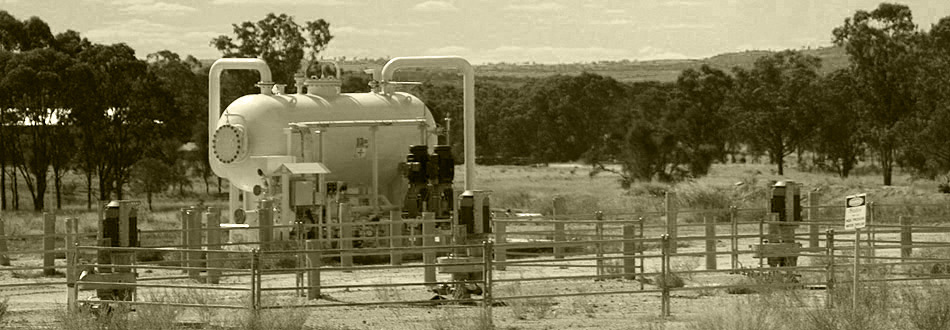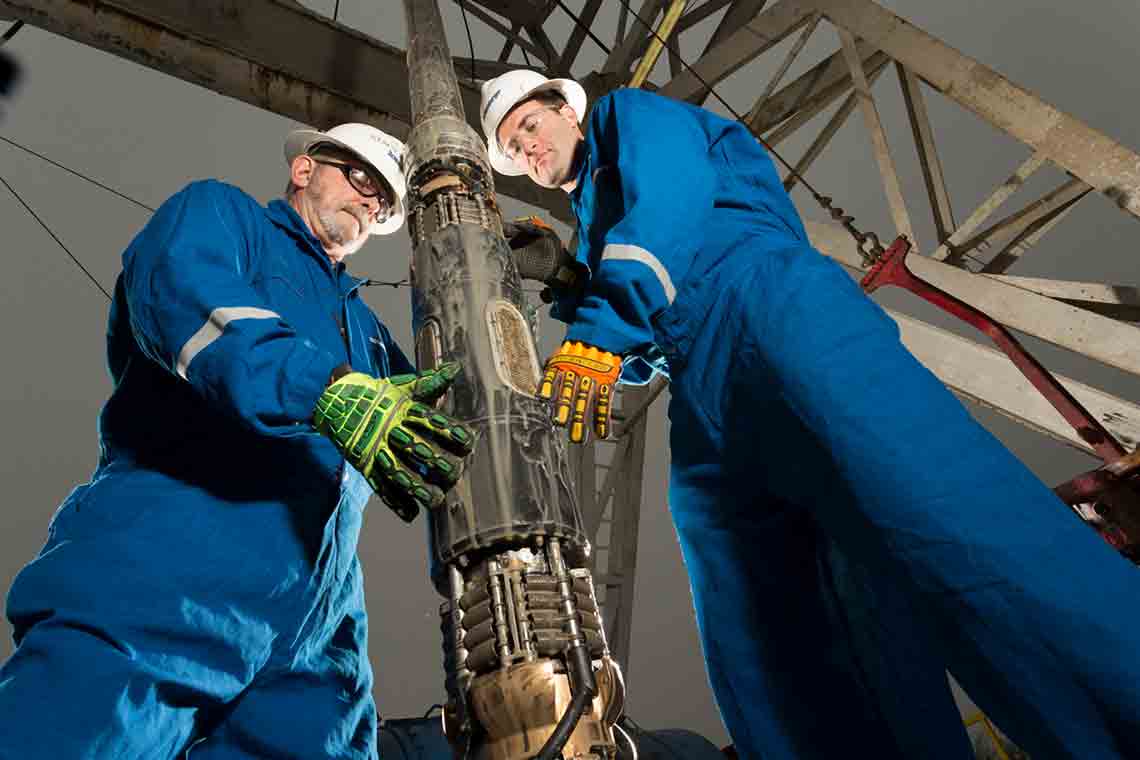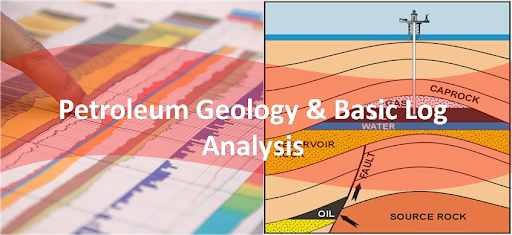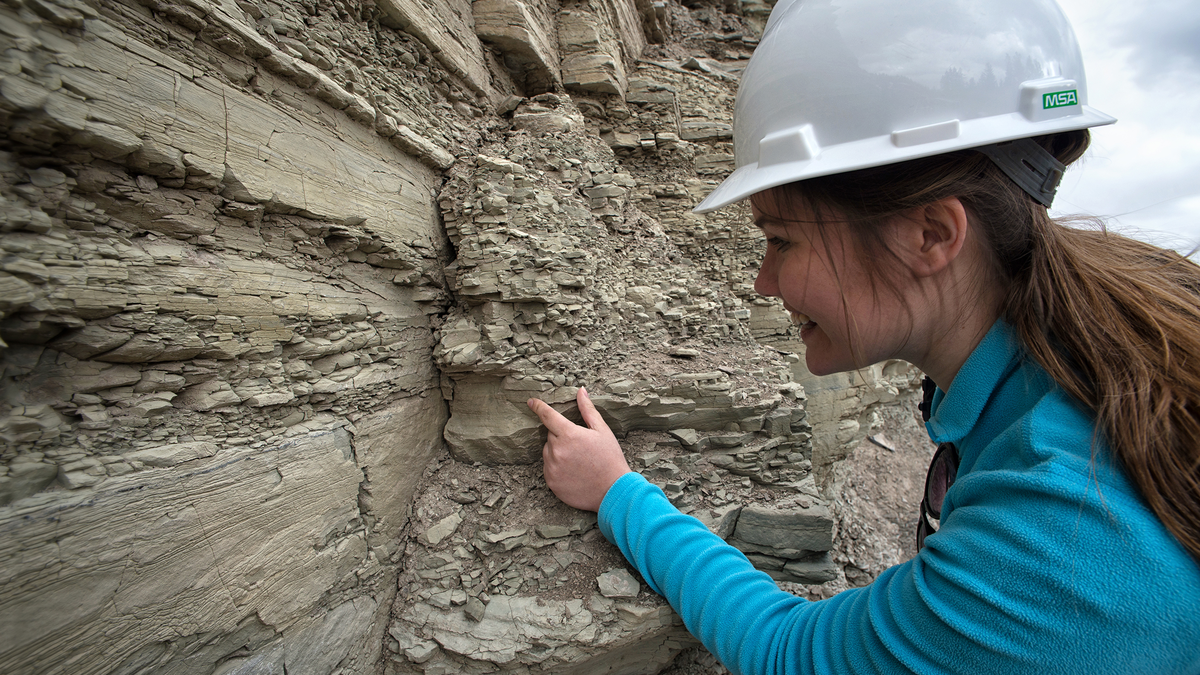

Cased-hole logging is performed more rarely but still provides valuable information about the well. It is used to help operators obtain additional information from a well or reservoir that has already been completed. This course covers all aspects of cased-hole logging and interpretation, with particular emphasis on logs and flow quantification. More knowledge about cased-hole logs will lead to better understanding of the well and the surrounding reservoir. The course will cover detection of leaks behind casing, cement bond logs and applied in deviated wells. Also the interpretation of Multi phase flow, tool threshold, Slip velocity correlation will be covered.
By the end of this CDGA training course, participants will be able to:
▪ Learn what is happening inside your well and its environment
▪ Understand if different fluids which enter the casing are really coming from the formation
▪ Know where your injection gas or water is going
▪ Reasons of leaks behind casing
▪ Learn and understand zonal cross flow
▪ Knowledge on injection efficiency and thief zones
▪ Understand how to define different production phases
▪ Learn how to calculate underground percentage of different production phases
Geologists, Geophysicists, Petrophysicists, Stratigraphers, Geochemists, Reservoir, Petroleum, Wellsite Geologists,
Petroleum Engineers, Drilling Engineers, Reservoir Engineers, Production Engineers, Operations Engineers,
Technologists, Log Analysts, E&P Personnel, Exploration & Development Personnel, Geologists, Reservoir
Engineers, Seismic Interpreters, E&P Managers, Data Management and Oil & Gas Personnel
An Introduction to Cased Hole Logging
Temperature Log
▪ Temperature Measurement in Oil & Gas boreholes
▪ Origin of Thermal Energy
▪ Thermal Conductivity
▪ Static Geothermal Gradient
▪ Dynamic Thermal Profile
▪ Cement Exothermic Effect, Temperature Tool
▪ Zonal Inflow Temperature fingerprint
▪ Flow Rate detection using Temperature
Radioactive Tracer Log
▪ Tracers
▪ Uses and limitations
▪ Flow Rate Calculation
▪ Logging Procedures
▪ Slug Tracking
▪ Velocity Shot
▪ Radioactive Tracer Tool
▪ Calculation of Velocity Flow Percent and Flow Regime
Spinner Flow Meter Log
▪ Definition
▪ Uses
▪ Logging Tool
▪ Logging Procedure
▪ Interpretation Procedure
▪ Calibration Curve
▪ Mechanical Effects at Low Flow rates
▪ Fluid Velocity and Midpoint
Multiphase Flow Effects
▪ Monophase Flow
▪ Multiphase Flow
Density Log
▪ Principle and Definition
▪ Uses of Density log
▪ Factors Affecting Fluid Density Log
▪ Tools, Nuclear Fluid Densimeter
▪ Gradimanometer
▪ Factors Affecting Fluid Density Log
Fluid Capacitance Log
▪ Nature and definition
▪ Hold Up principle
▪ Factors affecting Capacitance Log
▪ Capacitance Log Tool
Hold Up and Slip Velocity Correlations
Multiphase Log Interpretation
Noise Log
▪ Definition & Nature of Noise Log
▪ Uses of Noise Log
▪ Logging Tool
▪ Interpretation Procedure
Sound Logs
▪ Cement Bond Log (CBL) & Variable Density Log (VDL)
▪ Definition
▪ Causes of Poor Cement Job
▪ Bond Index
▪ Factors Affecting CBL Measurement
▪ CBL Tool, Microannulus
▪ CBL Interpretation, Ultrasonic Pulse Echo Logs
▪ Principle & Definition
▪ Applications
▪ Advantages of Ultra sonic vs. Conventional
▪ Application
▪ Cement Evaluation Logs (CET)
▪ CET log interpretation
Ultrasonic Image Logs & Pulsed Neutron Logs
▪ Neutron Capture
▪ Capture Cross Section (SIGMA)
▪ Pulsed Neutron Capture Logs (TDT, PNL, NLL, PDK)
▪ Application
▪ Time Lapse
▪ Paulse Neutron Spectrometry Logs
▪ Phase Velocity Logs
Detection of Channels Behind Casing
▪ Causes of Flow behind casing
▪ Detection using Temperature Logs
▪ Detection using Tracer Logs
Horizontal Well Cased-Hole Logs
▪ Flow patterns in Horizontal wells
▪ Capacitance Array log
▪ Resistivity Array log
▪ Spinner Array log
CDGA attendance certificate will be issued to all attendees completing minimum of 75% of the total
course duration
| Code | Date | Venue | Fees | Register |
|---|---|---|---|---|
| GE103-02 | 10-05-2026 | Cairo | USD 5450 | |
| GE103-03 | 09-08-2026 | Muscat | USD 5450 | |
| GE103-04 | 06-12-2026 | Dubai | USD 5450 |

Important for drillers and operators, well logs are measurements acquired at specific depths of the well that identify subsurface formations. Based on a log, the well log started as a journal of depth ...
.jpg)
This course will helps the candidates determine the amount of hydrocarbons in their reservoir. It does this by calculating porosity and water saturation using well logging data. It will also provide a ...

Geology is the science that deals with the history and structure of the earth and its life forms, especially as recorded in the rock record. A basic understanding of its concepts and processes is esse ...

This course will cover the new and traditional wireline diagnostic techniques for the surveillance of cased wells. Cased hole and production log evaluation, plus a loose-leaf workbook, are provided to ...

This introductory course is designed for industry professionals with no prior geological training. Registrants will gain an understanding of fundamental geological principles and the tools and techniq ...
Providing services with a high quality that are satisfying the requirements
Appling the specifications and legalizations to ensure the quality of service.
Best utilization of resources for continually improving the business activities.
CDGA keen to selects highly technical instructors based on professional field experience
Since CDGA was established, it considered a training partner for world class oil & gas institution
3012, Block 3, 30 Euro Business Park, Little Island, Co. Cork, T45 V220, Ireland
Mon to Fri 09:00 AM to 06:00 PM
Contact Us anytime!
Request Info